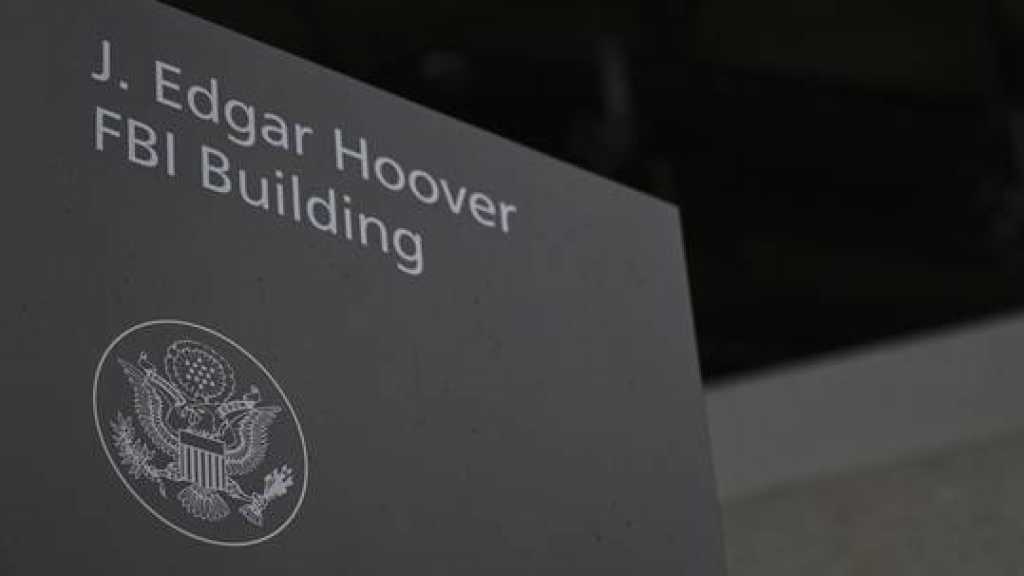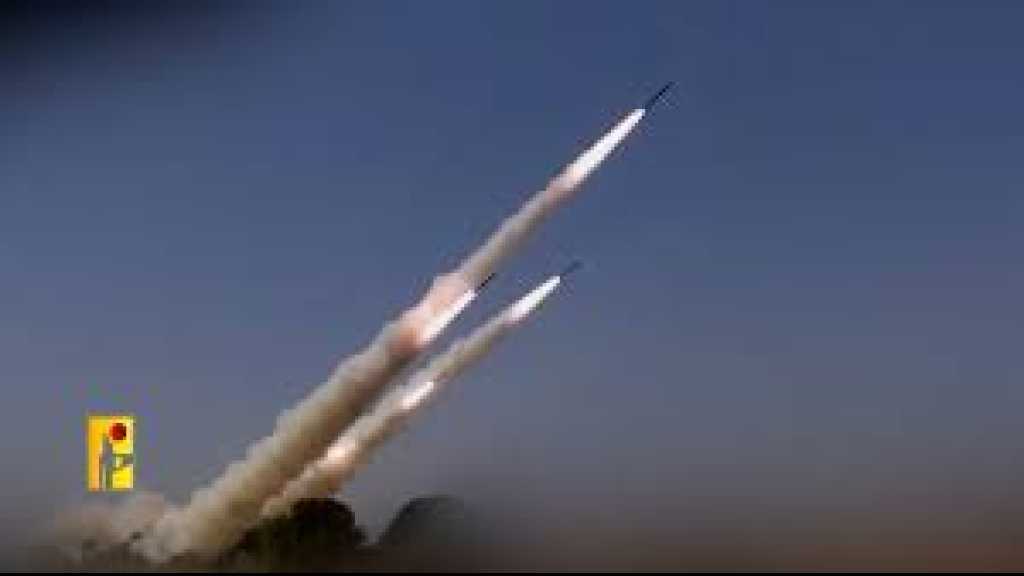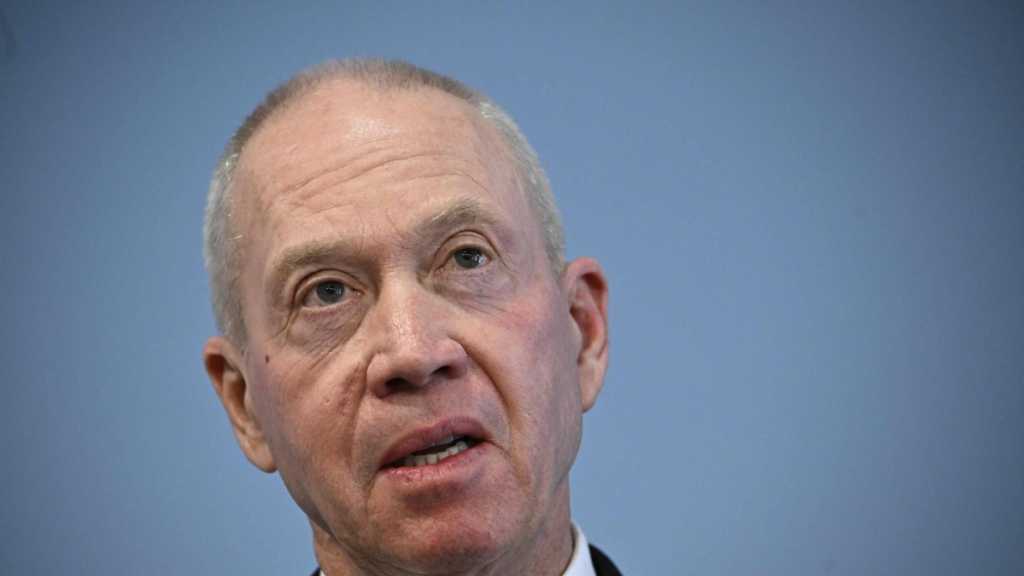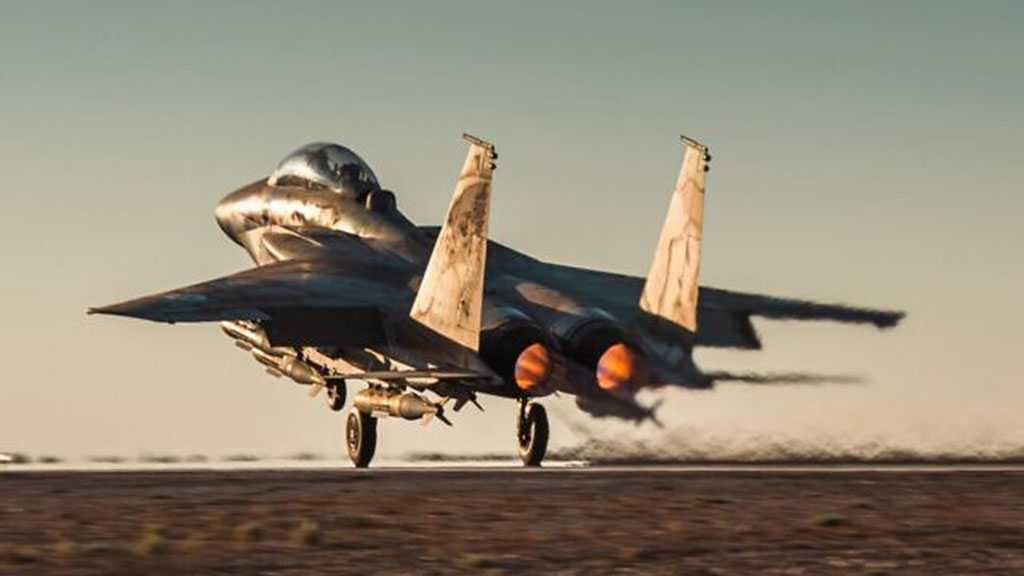
Eye on the Enemy: ’’Israel’’ to build separation wall on Lebanon frontier

Channel 7 - Oranit Etzer
Defense Minister presented this morning (Monday) the Knesset Foreign Affairs and Defense Committee a broad overview of the strategic environment, as well as the political and security situation at the beginning of 2012.
He said that The Middle East lies in a transition phase whose dominant and central feature is the "Arab Spring", whose central characteristics are uncertainty and instability. He added that it is still too early to determine whether the "Arab Spring" will turn into an "Islamic Winter", and yet, from an historical point of view, there are enough case studies indicating that we need to stay alert.
Barak emphasized that there are new potential operational challenges in the North and the South. The Sinai could turn into a greenhouse for the flourishing of "terrorist" groups. In the North, there could be potential ramifications from Syria in the Golan Heights and indeed in wider territories as a result of losing control. All of this demands the necessary preparedness and alertness from the defense establishment. In the background lurks Hizbullah, Hamas, Iran as well as a de-legitimization campaign against "Israel" whose purpose is to isolate and limit "Israel's" freedom of action.
Regarding the US, the DM emphasized that the economic crisis in the US leaves a cluttered table in terms of internal issues. This damages the ability and readiness of the US to project power. Despite this, America has been and remains the only superpower. In his survey before the committee, the DM noted that the Iranian regime is feeling the effects of the Arab Spring.
The so-called "Arab spring" events have influenced the Iranian regime, he added. Iran is worried about losing its strategic tie to Syria and is also concerned about "internal effects" in Iran as a result of the Syrian uprising. He said that the Iranian nuclear program is "progressing despite the setbacks, sanctions and the external pressures". Barak estimated that the chance for "crippling sanctions" on Iran is low but the new sanctions on its oil sector and central bank are increasing pressure and the recent pronouncements by the US Defense Secretary and the Head of Joint Chiefs of Staff "raise the bar" of pressure in Iran.
Regarding the events of Syria, Barak said that the situation of al-Assad family is worsening thanks to the conjoint internal and external pressures. "It's hard to say when it will meet its end, but there's no doubt that it's nearing the end of its days." The DM noted that more than 5000 civilians and hundreds of security personnel were killed in Syria.
There are many desertions from the army which is deepening the cracks in the Syrian elite cohesion. Syria's economic situation is worsening and the army cannot cope with the opposition, and the defectors. ''There is no possibility in the current situation of evaluating what will happen the day after Bashar's fall, The regime's fall will be a massive blow to the Iran-Syria-Hizbullah axis.'' he said.
The Defense Minister said that the PA leadership suffers from an ongoing trust and strategic crisis due to the impasse at the negotiations and to the difficulty in having the UN's recognition.
Barak also noted that the current leadership is interested in holding negotiations tested by the PA leadership positively alongside conserving and insisting on its terms. He emphasized the importance of pursuing a two-state solution with the Palestinians, endorsing a return to negotiations. The Defense Minister emphasized the importance of reaching a breakthrough in terms of entry negotiations. Defense Minister also noted that this is an "Israeli" interest and the absence of negotiations, there is no vacuum, the alternatives are all worse.
Defense Minister Ehud Barak said that "Israel" has a great interest in defusing tensions with the Palestinians, Turks and Egyptians. We got our enemies in the region. And if negotiations with the Palestinians do not work, let the world know that "Israel" did everything possible to push the negotiations forward. This will help curb the effects of de - legitimization against "Israel" and the attempts to isolate "Israel".
Defense Minister spoke of the" outlaws in Judea and Samaria" and stressed: "we will act firmly against anyone who undermines the order and authority of the state. This is unacceptable phenomena that should be wiped out and the damage occurred trespasses the lines reaching the international arena and presents "Israel" in a negative way. "
"I instructed the "ISRAELI ARMY" to take extreme and ruthless measures against the offenders and we are designing a common system of a series of actions and legal decisions to help fight this phenomenon."
He said that after three years of executing operation "Cast Lead", Hamas is deterred and it still recalls the heavy strike of the "Israeli" Army. But, he added, Hamas continues to intensify and build its strength and power in Gaza.
With regard to the issue of the Palestinians reconciliation, Defense Minister noted that despite the fundamental differences between the two sides, the talks are being pursued slowly and they are likely to formulate essential understandings in the next 2 months. In this context, Defense Minister concluded that Israel's position is clear and unequivocal: there is no dialogue with Hamas, no discussion with a government that Hamas is a part of, unless it accepts Quartet's conditions, respects all previous agreements and dismantles the "terrorist" rockets' infrastructure.
ـــــــــــــــــــــــــــــــــــــــــــــــــــــ
"Israel" to build separation wall on Lebanon frontier
Channel 2
After years of drug smuggling, security incidents and clashes with "Israeli" farmers, the "Israeli army" decided to establish a separation wall between al-Matala and the Lebanese village Kfar Kila. "Yediot Ahronot's" reporter Nagar Levitt said this morning that this is the first wall ever built on the border between "Israel" and Lebanon.
Despite the security benefits of the wall, the Northern Command expresses its concern that the situation might worsen. "There will probably be objections from the Lebanese side, but the events on the ground require its construction ", said a senior Northern Command officer to the newspaper, "this wall will increase the security level in this area which itself will let the residents of al- Matala feel secure as well".
The 5-meter-high, 1-kilometer-long, wall would be equipped with surveillance and alarm systems. Work plans are in their final phase and the work on the barrier will begin in a few weeks time.
"The area in question has been a source of friction in the past. The "Israeli" Army, UNIFIL and LAF are assessing available options in order to reduce this friction in the future," an "Israeli" army spokesman said.
ــــــــــــــــــــــــــــــــــــــــــــ
"Depth command" shall not engage in special operations in Iran
Walla!News - Amir Bohbot
The "Israeli Army" is establishing a new command that is founded by the chief of staff, and expected to perform special operations deep inside the territory of Lebanon and Gaza and to prevent arms smuggling. Head of the new command carried out a round of talks with senior generals.
The new "depth" command in the "Israeli Army" began to work: In the course of building-up a new command, which is intended to lead special operations in the strategic depth, Maj. Gen. Shai Avital - appointed by the Chief Benny Gantz as commander of this unit - carried out recently a round of talks with the generals of the General Staff. The purpose of these talks is the find out the opinions of the generals lined to the activities of this command. Avital will then introduce the chief of staff the vision and operating system of this unit.
In the first stage it was decided that the main task of the depth command won't be related to the Iranian arena, but to executing missions deep in Lebanon and Gaza. According to foreign reports, last year special units of the army fought against Hizbullah in the northern part of Lebanon. It also worked in Sudan to fight against "terrorist" organizations and against intentions to lead convoys of weapons from Libya to Gaza through the Sinai Peninsula.
A security official familiar with the details of building up this command said that Shai Avital is an officer with an extensive experience in special operations, for he served as commander of an elite commando unit (Sayaret Matkal unit) among other things. In recent days, he met with Chief of Staff and the GOC Southern Command, Tal Russo, a graduate of Sayaret Matkal unit and who was known as the consultant of the special operations' chief during the Second Lebanon War. Avital later met with Maj. Gen. Gadi Eizenkot who is currently on a study leave at the University of Haifa and running for the office of deputy chief of staff, and with collegiate Commander, Major General Yossi Baidatz, who served in recent as the chief of research division of the Military Intelligence.
According to senior army officials, the depth command will be based on the Specials' Control Center Corps, and after examining the activities it is likely to grow to have one hundred standards. The main activity of Avital in the first stage will be checking the planning of the activities, exercising the troops and keeping an eye on how they fit with chief of staff.
The decision to establish this command was submitted by the chief of staff. The foundation process began after Gantz guided Gen. Gadi Eizenkot to examine whether the changes in the Middle East and the global jihad threat require a change in military preparedness. Since the 80s the decision was made to establish the "depth" command which was headed by Major General Doron Rubin. After Operation Blue and Brown in southern Lebanon - which was one of the first significant operations, during which troops were combined with arms, Lt. Col. Amir Meital was killed and three other soldiers were wounded - the decision was canceled.



